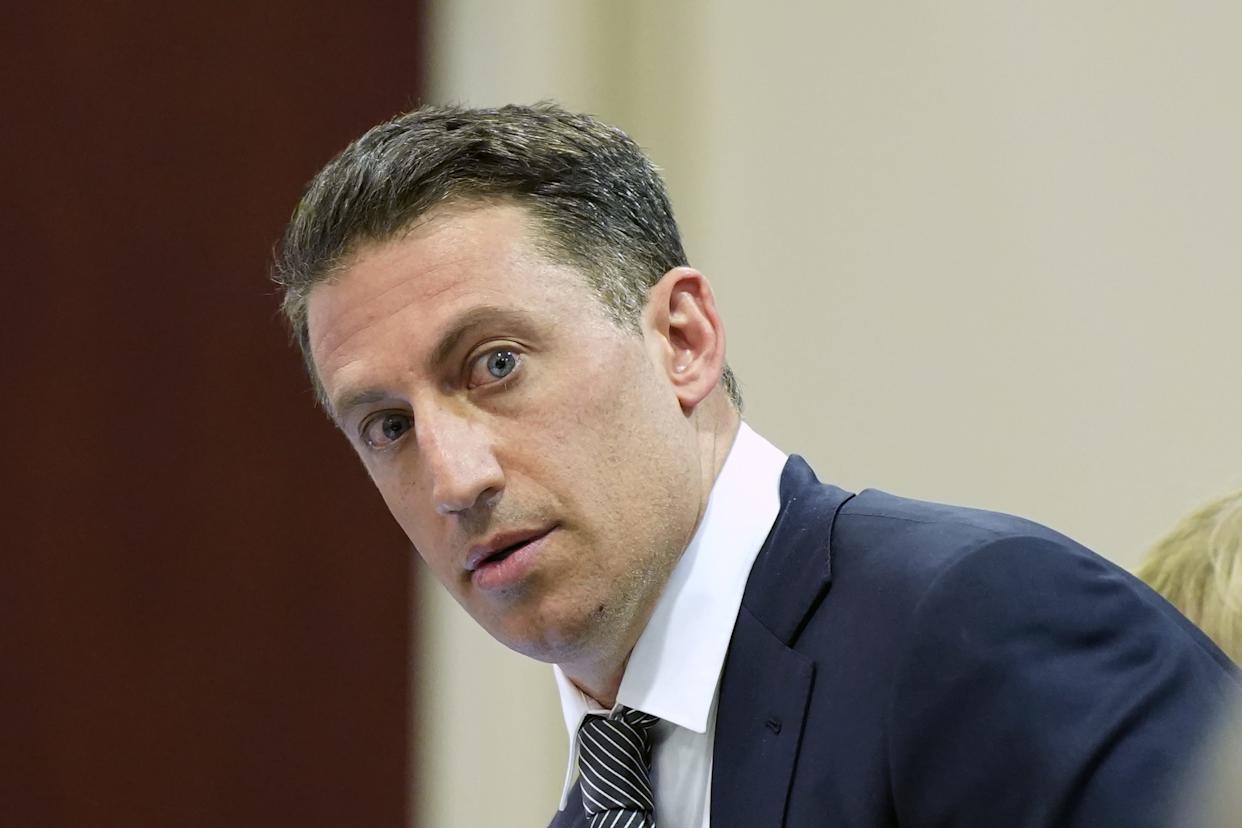In Turkey, a high-profile trial has commenced involving 47 medical professionals facing serious allegations that intertwine healthcare with profit motives, resulting in tragic outcomes for vulnerable newborns. Prosecutors allege these individuals—doctors, nurses, and ambulance drivers—were part of a disturbing scheme where newborns were unjustly transferred between facilities, leading to unnecessary neonatal treatments that ultimately contributed to the deaths of at least ten infants.
The extensive 1,400-page indictment outlines that these defendants were engaged in falsifying medical diagnoses to facilitate the transfer of babies to 19 private hospitals. In these hospitals, there are claims that the infants were retained in neonatal intensive care units for longer periods than medically necessary. This process reportedly allowed for the sharing of social security payments accrued for each day a baby remained in care.
Despite facing grave accusations, the defendants have denied any wrongdoing, insisting that their actions were motivated by a commitment to providing the best possible medical care. One of the accused, Dr. Firat Sari, declared to prosecutors that all procedures followed during his care of the infants adhered strictly to established protocols.
The trial is garnering significant public attention, prompting protests outside the courthouse near Istanbul where dozens of demonstrators gathered. They chanted phrases like "baby killers will be held accountable" and called for the shutdown of private hospitals linked to the case. This public outcry reflects a broader concern regarding the healthcare system’s integrity.
The origins of this case trace back to an anonymous tip-off received by police in March 2023, which led to a lengthy investigation that now has serious implications for the involved medical professionals. As a result of the inquiry, licenses for ten implicated hospitals have been revoked. Should the defendants be found guilty, they face severe penalties that could include lengthy prison sentences for charges such as "homicide through negligence," fraud, and forgery.
As the legal proceedings unfold, the case raises profound questions about patient care standards and the ethical responsibilities of healthcare providers in Turkey.


















